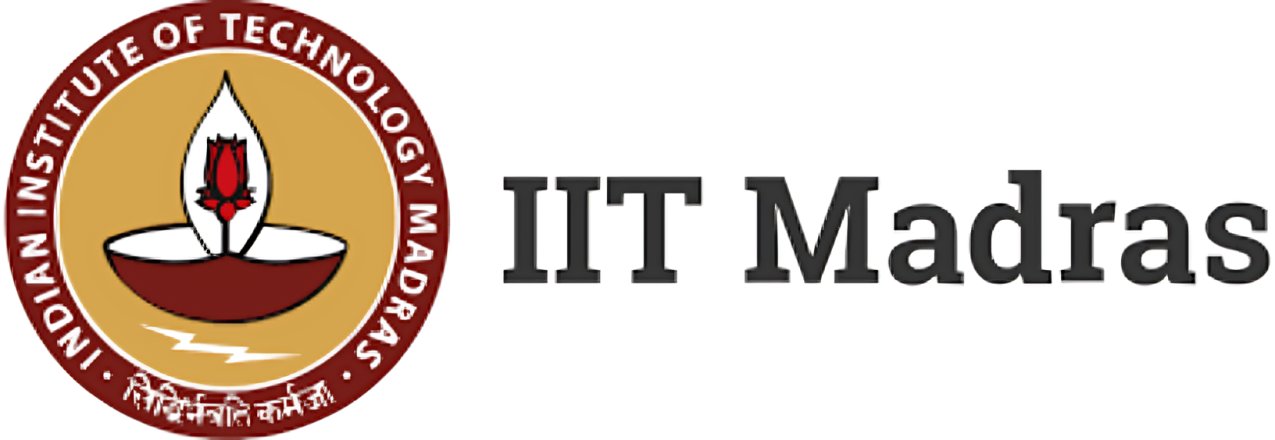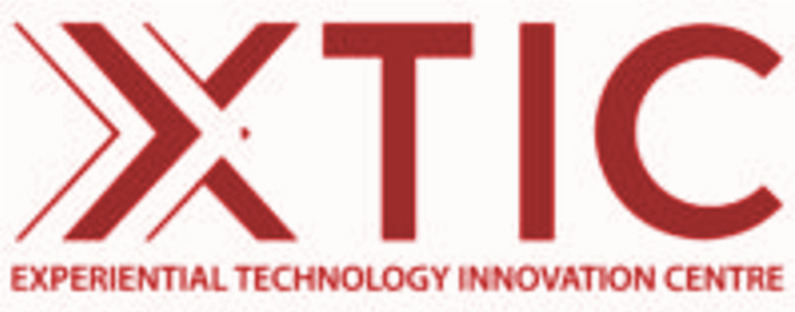Metaverse India Policy and Standards (MIPS)
Being the largest democracy in the world, India has a lot more to offer to Metaverse than any other countries. Therefore, a forum specific for Metaverse standards and policy in India is the need of the hour and CAVE IIT Madras is taking the lead in collaborating with a cluster of international standards agencies and many others. This forum will collaborate and coordinate with its members in order to build a pervasive, open, and inclusive metaverse on a global scale.
The Forum will not produce standards or policies on its own, but it will coordinate the needs and the resources to promote their development within organizations that work on standards and policies in pertinent fields.
The metaverse is not yet ready and won’t be ready for some years to come. However many industries in India have shown interest in beginning the process toward building it. Therefore this may be the time to look into standardizing and setting policy.
Metaverse India Policy and Standards (MIPS)
The eXperiential Technology Innovation Centre (XTIC) at IIT Madras has established the Metaverse India Policy and Standards (MIPS) Committee. This initiative brings together international standards agencies and various stakeholders to foster a global metaverse that is pervasive, open, and inclusive.
We are thrilled to share that MIPS at XTIC, IIT Madras in collaboration with TEC at DoT (Department of Telecommunication) has initiated efforts to develop standards in the emerging field of the Metaverse, focusing on key applications such as YOGA & Meditation, Renewable Energy, Tourism, and Identity Management.
This initiative aims to position India as a global leader in this domain. Recently, four new work items related to IoT and Metaverse were approved at the ITU-T SG-20 Meeting (International Telecommunication Union-Study Group 20), 15-24 Jan, 2025 Geneva.
The MIPS forum does not directly produce standards or policies. Instead, it coordinates resources and identifies needs to support the development of standards and policies within relevant organizations. This collaborative approach ensures that the evolving metaverse ecosystem benefits from comprehensive and well-aligned guidelines.
While the metaverse is still in its formative stages and may take several years to fully materialize, numerous industries in India have already expressed interest in contributing to its development. This proactive engagement underscores the importance of initiating discussions on standardization and policy formulation at this early juncture.
Through these initiatives, IIT Madras aims to position India as a global leader in metaverse technologies.
XR Policy Committee
IIT Madras is striving to create a forum specific for XR policy, similar to India’s IT Policy. Recognizing the urgency, the eXperiential Technology Innovation Centre (XTIC) at IIT Madras is leading this initiative by collaborating with a consortium of international policy experts and other stakeholders. This forum aims to collaborate and coordinate with its members to build a pervasive, open, and inclusive XR ecosystem on a global scale.
In November 2024, IIT Madras hosted an XR summit featuring global leaders and collaborations to boost innovation in immersive technologies. Notable XR experts, including Prof. Steve LaValle, co-founder of Oculus, and Prof. Mandayam Srinivasan, founder of MIT Hapticslab, delivered keynote addresses. The summit also marked the inaugural event for the Consortium for Augmented and Virtual reality Engineering (CAVE), India’s first consortium for XR innovations, which was launched by IIT Madras in August 2021.
Furthermore, XTIC has launched an Academic Associate Programme (AAP) for XR partnership to drive VR and AR innovation in Academic Institutions aiming to accelerate XR talent development, startup growth, and global course expansion.
Through the CAVE industrial consortium, XTIC connects content creators and developers worldwide to build a library of XR resources.
Additionally, IIT Madras has developed an ‘Extended Reality’ (XR) Centre for the Steel Authority of India Limited (SAIL), showcasing the latest AR/VR/MR and haptic technologies. This collaboration aims to promote research and development in XR applications within the steel manufacturing sector.
These initiatives underscore IIT Madras’s commitment to advancing XR technologies and establishing a comprehensive policy framework to support their global integration and adoption.

